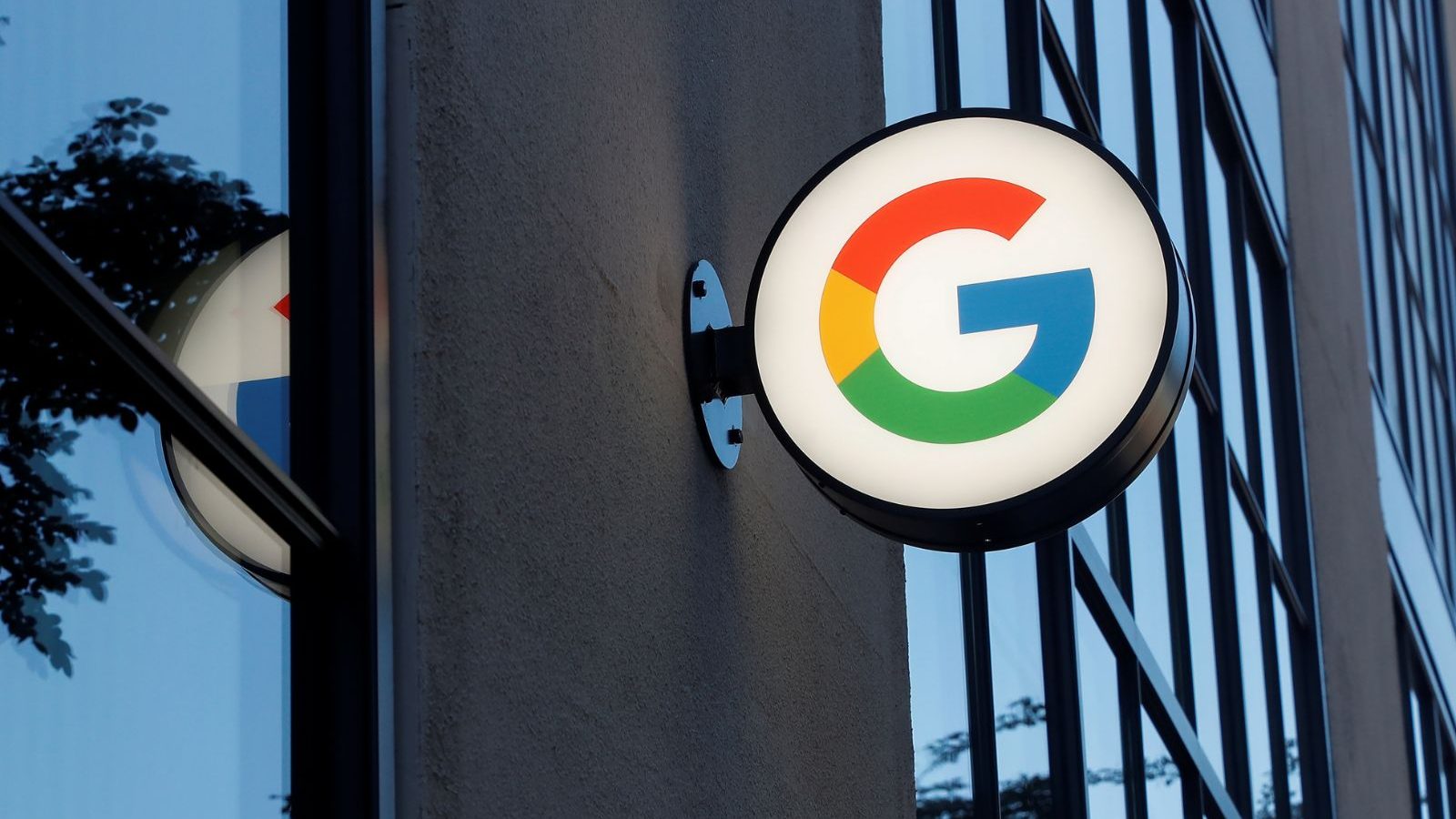Google Declares ChatGPT a ‘Code Red’ and Asks Teams to Create a Rival
Edited By: Shaurya Sharma
Last Updated: December 22, 2022, 15:26 IST

Google’s new ordeal, despite appearing simple on surface, has roots much deeper than one may anticipate, (Reuters File Photo)
A.I. bots like ChatGPT might replace traditional search engines, and has forced Google’s hand to come up with a competitor to face the “first serious threat to its main search business.”
Despite being in the test-only preview phase, OpenAI’s new ChatGPT has forced Google’s management to declare it a “code red.” The company may be approaching a moment of technological change that could upend the business — a fear common in Silicon Valley and all things technology.
It has only been three weeks ever since ChatGPT was made public, but according to The New York Times, the bot, despite sometimes generating toxic and false information could reinvent or perhaps, even replace traditional search engines, and has forced Google’s hand to come up with a competitor to face the “first serious threat to its main search business.”
As per The New York Times, Google CEO Sundar Pichai has led a series of meetings to solidify the company’s artificial intelligence strategy in response to the perceived threat posed by ChatGPT, resulting in changes within the company. Moreover, employees have been asked to develop rivals to technologies like DALL-E.
It must be noted that Google already has a functional chatbot that could rival ChatGPT — LaMDA, or Language Model for Dialogue Applications. In fact, the technology that makes the ‘heart’ of ChatGPT was made by Google researchers. Google’s chatbot gained significant attention when Blake Lemoine, a Google engineer claimed it was sentient, although this was later found to be false.
Google’s new ordeal, despite appearing simple on surface, has roots much deeper than one may anticipate because even if Google improves chatbot technology, it must also consider the potential impact on its search ad revenue. This due to the fact that if chatbots are able to provide concise responses to user queries, there may be less incentive for users to click on advertising links. Amr Awadallah, a former employee of Yahoo and Google who now runs a company called Vectara that is developing similar technology, claimed Google has a business model problem. If they provide the perfect answer to every query, users won’t click on any ads.
The New York Times reports that many experts believe that Google will take an approach that’s more ‘incremental,’ rather than one that functions as a total ‘overhaul.’ And, because of the risk of generating inaccurate, harmful, and biased information, Google has been cautious to extensively distribute its technologies, such as LaMDA. LaMDA is now only available to a select number of individuals via an experimental app called AI Test Kitchen.
Google isn’t the only company in the trillion dollar club to have faced such a problem. Other companies have faced similar issues. In 2015, Microsoft released a chatbot called Tay that was quickly removed from the internet due to its racist and xenophobic language. More recently, Meta also took down a chatbot for similar reasons.
Read all the Latest Tech News here
For all the latest Technology News Click Here


